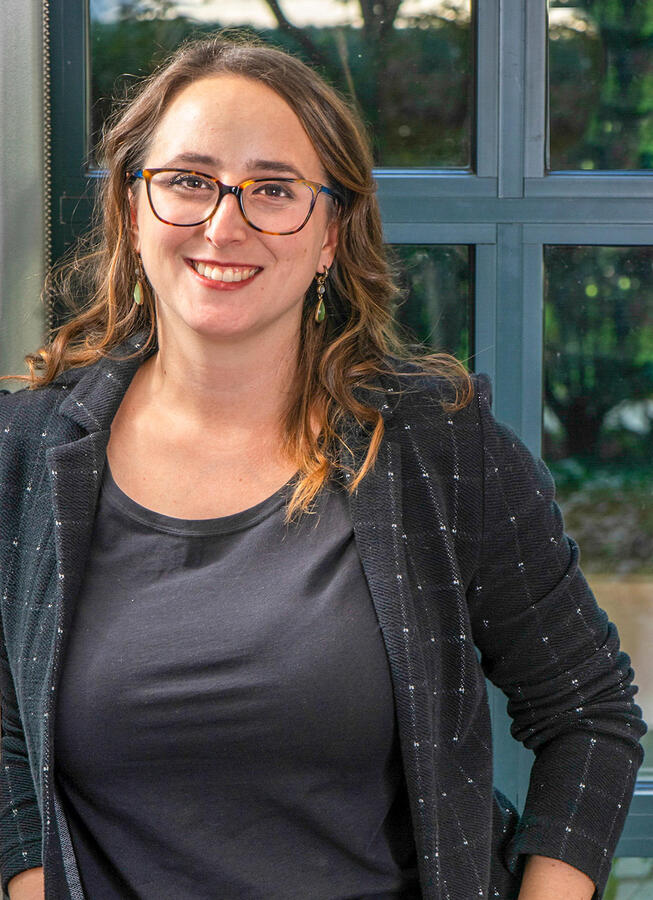Overview of the Lab
My lab’s research focuses on studying how couples help each other cope with stress and change, including life transitions, and how couples manage or recover from mental and physical health problems. My lab focuses on applied research that identifies practical ways couples help each other navigate life’s challenges. Studies will focus on the following areas:
- Relationship impacts of stress – identifying how romantic relationship processes are impacted by external stress, including the contribution of specific stressful contexts
- Social support processes – identifying supportive behaviors that are linked to reductions in distress and global perceptions of partners and relationships as supportive; identifying the physiological impact of different approaches to social support; and examining individual differences in preferences for social support
- Support for Mental and Physical Health – identifying practical ways relationship partners can be educated about mental and physical health problems, and how they can provide effective support for self-management and recovery from mental and physical health problems
I also work as research faculty in the Couple and Family Development lab, with Dr. Erika Lawrence, where we focus on the development course of committed romantic relationships, including efforts to develop novel preventive relationship education interventions, and examining trajectories of relationship quality over time in diverse populations.
Current Projects in the Lab
Tailoring Couple Interventions to Couple Needs
Co-PI: Dr. Erika Lawrence
Historically, couple prediction models and prevention programs target conflict resolution and communication skills almost exclusively. These models only predict a small proportion of the variance and many prevention programs are marginally effective. Through this project, we developed and validated the Relationship Quality Interview (RQI) to assess five different domains of couple functioning: emotional intimacy, partner support, sexuality, respect and acceptance and conflict management. Clinicians conduct semi-structured interviews yielding interviewers' scores of the quality of couple functioning on each domain.
Through a series of multi-wave longitudinal studies, we found that different domains of couple functioning at the time of marriage predict different relationship satisfaction trajectories for men versus women, and for couples in community versus clinical samples, suggesting that different couples need help with different types of relationship skills to prevent dysfunction. We have translated the content of each domain in the RQI into skills workshops for couples. Feasibility testing of the workshops has already been completed. We are currently conducting pilot testing of this novel prevention program in which couples are administered the RQI, given feedback on their strengths and limitations, offered the workshops relevant to their specific needs and then followed longitudinally to assess outcomes.
We are currently seeking couples to participate in a Couples Prevention Pilot Study. If you or someone you know would be interested in participating in this paid, online research study, please click here.
We are also currently seeking couples to participate in a Couple Adaptation to Periods of Unemployment study. If you or someone you know would be interested in participating in this paid, online research study, please click here.

Hayley Fivecoat, Ph.D. Principal Investigator
